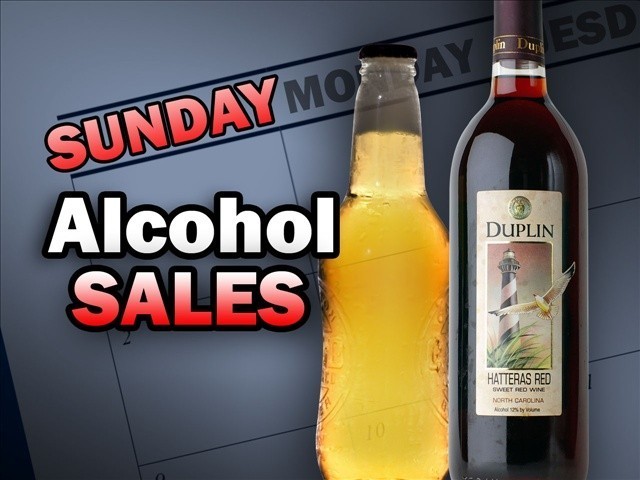When voters cast their ballots , it will be a far less dramatic decision than the Legislature's vote to make the issue one of local control.
In the six months since the bill became law, there has been little mention of the issue as local governments voted to put the question on the Nov. 8 ballot. According to the Georgia Secretary of State's Office, 98 cities and 12 counties will have Sunday sales on the ballot, many of them in northeast Georgia, including Gainesville, Flowery Branch and Oakwood. At last count and according to the Georgia Food Industry Association (GFIA), votes in northeast Georgia are also scheduled in Auburn, Barrow County, Braselton, Dawsonville, Elbert County, and Elberton. Also, Hoschton, Jefferson, Pendergrass, Sugar Hill, Suwanee, and Winder.
Some groups say lobbying for or against the issue is futile. Others say the issue was a foregone conclusion when the governor signed the bill into law.
It is quite a different tone from years past, when the issue was hotly contested at the Capitol.
The question of whether to allow Georgians to buy alcohol on Sunday long has been debated, with lobbyists on both sides spending thousands of dollars to persuade lawmakers. For years, former Gov. Sonny Perdue threatened to veto any bill supporting Sunday sales. But this session, those in favor of Sunday sales were encouraged by the arrival of Gov. Nathan Deal, who signaled he would support allowing citizens to settle the matter, touting the legislation as autonomy instead of morality.
Jerry Luquire, the president of the Georgia Christian Coalition and one of the fiercest opponents of Sunday sales, said the issue died when it headed to the ballot. While he has kept up his efforts, sending e-mails to church groups and seeking grassroots support, he said he has gotten no response.
"I can't get one single church to even insert a memo in their bulletin to bring attention to the vote," he said.
Luquire sold his position at the Capitol as an issue of public safety, not religion. He suspects he might have sold it too well.
"The churches may have taken it seriously when we said it wasn't a religious issue," he said.
Ray Newman, a lobbyist for the Georgia Baptist Convention, expressed similar frustration and confusion. He said that although he has gotten calls in recent weeks from pastors inquiring about the Sunday sales referendum, things have been mostly quiet since the bill was passed.
"I think that the pastors have just decided to deal with the issue on their own instead of organizing," Newman said. "There's not something like an organized thing going on. It's a here-and-there kind of thing."
Newman, a pastor at the Macedonia Community Baptist Church in Braselton, said that he has been vocal in his church community and in Winder, where he lives. He said he is available to work with or speak to individual churches, but added that the Georgia Baptist Convention does not get involved in local elections.
Two Gainesville area pastors went public with their opposition in February, several weeks before the bill passed and was signed by Gov. Deal. (See earlier story.)
For his part, Luquire has sent one mailing to more than 12,000 constituents, and plans to send another this weekend. The brief letter asks: "Do you want Sunday to become another Saturday?"
The Georgia Christian Coalition does not have the financial resources to wage a larger statewide campaign. But he pointed out that even more groups with more financial resources aren't doing much for or against the vote.
"Neither we nor the drinkers are taking a stand," Luquire said. "Nobody's spending any time or money on it. We're just waiting to see what happens."
GFIA President Kathy Kuzava, who lobbied in favor of Sunday sales at the Capitol, said she is pleased citizens will be able to set their own policies for their neighborhoods.
"We're not surprised at all as to the amount of cities and counties that are jumping on the opportunity," Kuzava said. "Our efforts at the state Capitol were always about letting the local communities decide. We've paved the way

http://accesswdun.com/article/2011/11/243355
